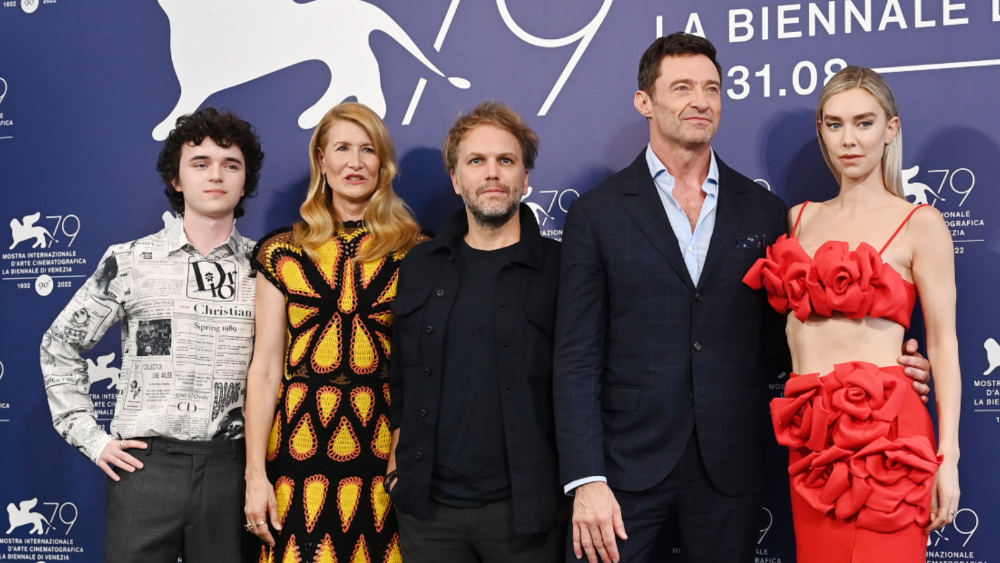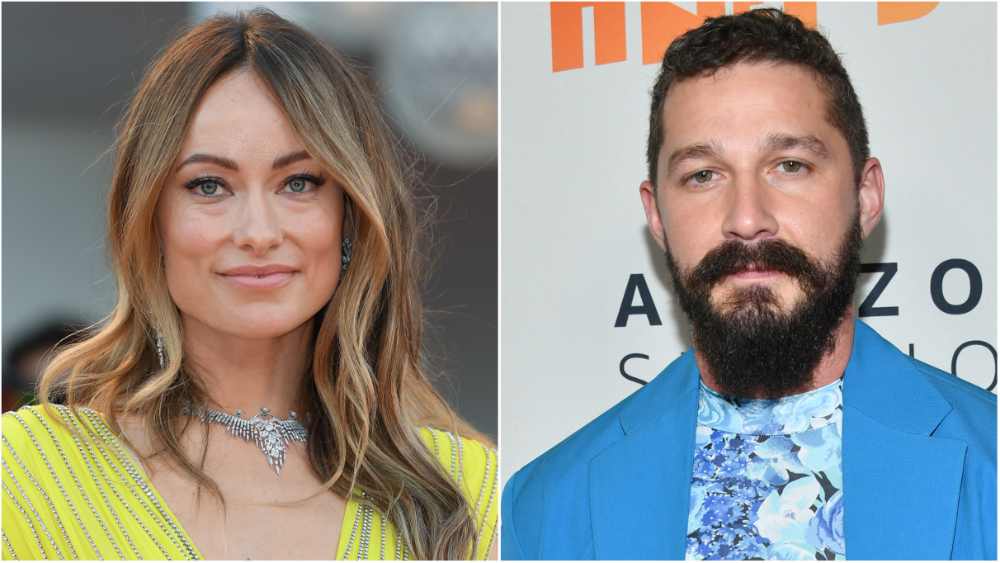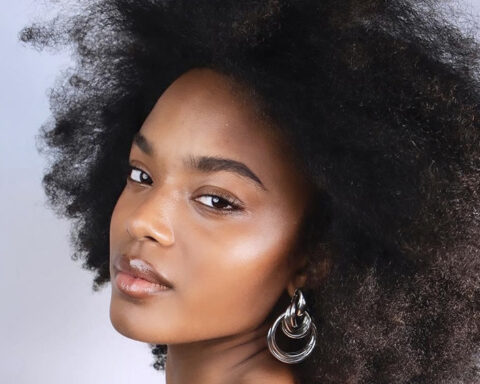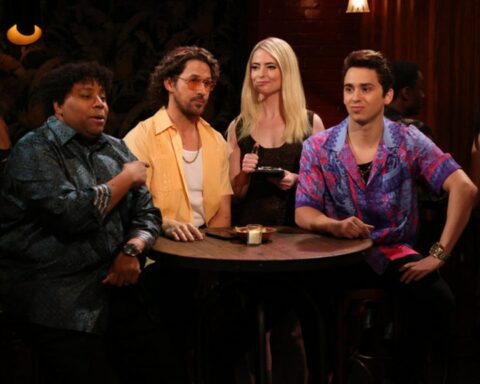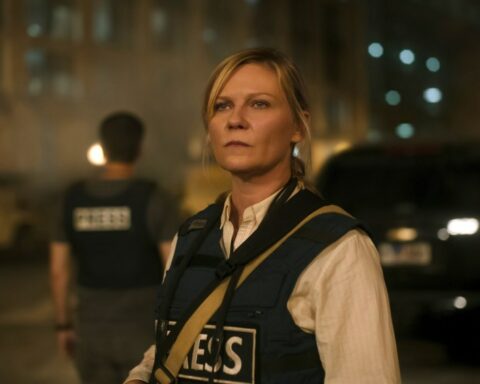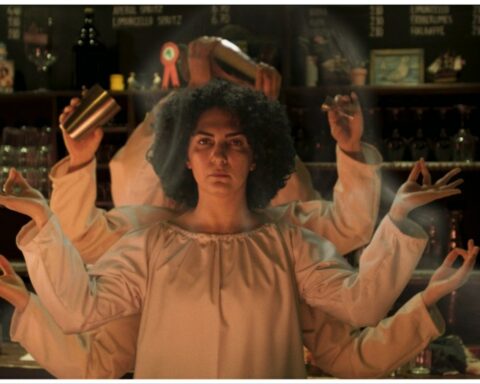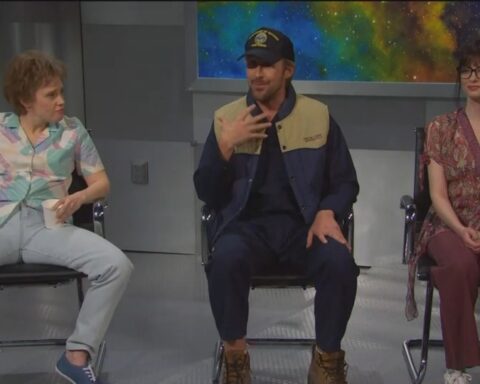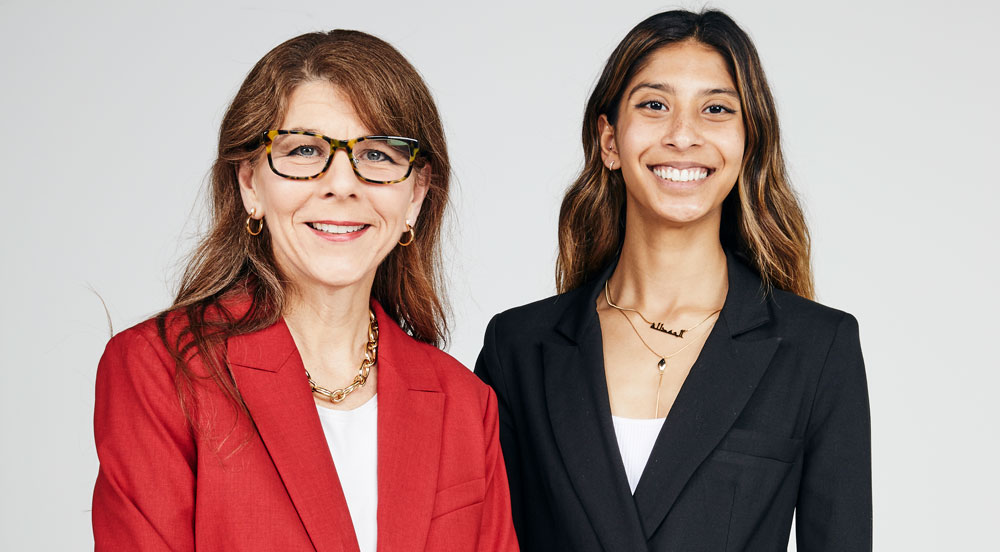
A new report released by the Annenberg Inclusion Initiative investigates the portrayal of Muslim characters in TV, revealing that not only are Muslims nearly absent from episodic content, but they are still stereotyped in negative ways.
The report, titled “Erased or Extremists: The Stereotypical View of Muslims in Popular Episodic Series” comes from Dr. Stacy L. Smith and the USC Annenberg Inclusion Initiative, with support from Academy Award winner Riz Ahmed and his production company Left Handed Films, the Ford Foundation and Pillars Fund.
The 2022 study explores quantitative and qualitative aspects of Muslim representation in 200 top-rated television shows from 2018 and 2019 aired in the U.S., U.K., Australia, and New Zealand, ultimately highlighting a disheartening reality. The full report is available here.
In 2021, Variety exclusively unveiled the coalition’s plans to address this issue head on with the creation of The Blueprint for Muslim Inclusion, which outlines recommendations to the industry on how to support Muslim storytellers and increase representation.
In the column below, researchers Al-Baab Khan, Dr. Smith, & Dr. Katherine Pieper detail their findings and explain how the industry can enact meaningful change, because, as they write, “the way that Muslims are portrayed onscreen and their absence behind the camera is no laughing matter.”
Today, we are borrowing a line from Christopher Hitchens. Followers of Islam are not only lacking comedic chops, but they are not members of the LGBTQ+ community, they rarely have romantic relationships, and they are without disabilities. Did you know that 70% of Muslims globally are men (which, should lead to a population crisis, right?).
While none of this is true, it would be your reality if you watched episodic television or streaming content in the U.S., U.K., Australia or New Zealand and were learning about characters with this faith-based orientation. Yep, you guessed it. We released another study (underscore another), and the view of Muslims is wildly inaccurate.
Muslims represent 1% of all characters (8,885) across 200 popular TV shows in four countries — and less than one-tenth of 1% of all characters were in comedy series (a total of five characters). To add insult to injury, Muslims are too often shown as perpetrators or targets of violence, and more than 30% are part of extremist groups. These stereotypes have been perpetuated for decades, and these egregious tropes can contribute to aggression toward, and fear of, this community.
These results are not a surprise. But we have to ask why they keep occurring. We examined the identity of 6,117 writers, directors and producers across the 128 U.S. shows in our sample.* Less than 1% were Muslim. In fact, there were only five Muslims who worked a total of eight times. Three were Asian women, and one was an Asian man. Only one Muslim worked as a director: a Black and Middle Eastern/North African woman. In other words, you might see more Muslims at your local bar during happy hour than you would behind the camera in TV.
Is film any better? Nope. Across 1,500 top-grossing films from 2007 to 2021, there were only 12 (11 men, one woman) Muslims that worked as directors, writers or producers. The only Muslim woman to work in top-grossing films over the last 15 years was the same Muslim woman who worked as a director in our TV sample. That means only one Muslim woman director worked across 1,500 top-grossing films and 128 popular scripted series. We’ll say it again: One. Muslim. Woman. Director.
And this is “woke” Hollywood.
If nothing you’ve read has been a surprise so far, maybe this will be: change is easy. It’s decision-makers who have somehow made it hard. Change starts behind the camera in two ways. First, people creating content have to come from more than just one community or identity group. When this happens, what we see onscreen is different. We have a great deal of evidence to support this. So we need more writers, directors and producers (and composers, and gaffers, and all manner of other positions…) who are Muslim. We need philanthropists and artist programs to support the development of new Muslim storytellers and the careers of those who are already working. What’s more, these creatives must be given space to tell a variety of stories about their community and not just funding to repackage old tropes that are familiar to non-Muslim executives and audiences with a limited worldview.
Second, we need casting directors to evolve. There are thousands of characters who appear on our screens every year. Casting directors put many of them there, but somehow, Muslims are almost always depicted in the same light. It’s time to expand that view. Muslims can be funny. Muslims can be serious. Muslims can surf. They can be veterinarians. They can shop at grocery stores, and go to public parks, and ride on buses, and live next door and work in the next cubicle. And if that’s not enough, Muslims are not only Middle Eastern/North African, as our data would suggest. Muslims can be Indonesian, Filipino, Nigerian, Eastern European, Hispanic/Latino, Black, and yes, even American. What they don’t need to be any more is shown as suicide bombers, carrying weapons and dying violently.
We need to see Muslims at the center of stories. We’ve seen this recently with “Ramy,” “Ms. Marvel” and “We are Lady Parts.” These shows made it to our screens because agents and managers promoted Muslim talent, and because executives saw the value of these narratives. We need agents, managers and executives to continue to see that stories about Muslims have an audience. But getting a green light from the top isn’t the only thing stories centered on Muslims need. Stories about Muslims need marketing and advertising that is on par with what stories with white men at the center receive. They need critics from the community to review them. And, most importantly, they need to last. We’ve seen this happen — series that center on diverse communities are made, they reach audiences… and then they are canceled after one season. Muslim stories, like Muslim characters, cannot be killed off en masse.
The way that Muslims are portrayed onscreen, and their absence behind the camera, is no laughing matter. But the joke is really on Hollywood. After all, how much longer can an industry that dehumanizes, disparages and demonizes 25% of the world’s population sustain itself in that same global marketplace? It can’t.
*The authors would like to thank Dr. Rene Weber and Musa Malik at UCSB Media Neuroscience Lab for assistance with the behind the camera TV and film Muslim data analysis. For behind-the-camera information, Muslim identity was determined through a variety of methods, but only those individuals with publicly available information on their faith were included as Muslim. On screen data comes from reports supported by Ford Foundation, Pillars Fund, Riz Ahmed and Left Handed Films.

